Podcasts
Aryeh Weinstein’s Podcasts, your ultimate destination for insights, inspiration, and personal growth.
Listen Now On:
Gate of Trust: A Journey to Transform Your Life
A podcast that guides you on a transformative journey towards genuine trust. Discover how to cultivate a tranquil reliance on the all-powerful and compassionate G‑d.
Listen Now On:
Beginning Within
A podcast that challenges you to ask, “What can I do about this?” By focusing on self-growth and personal transformation, it explores how changing ourselves is the key to changing the world.
Listen Now On:
Daily Study of Jewish Law
Lessons on the Abridged Code of Jewish Law presented in English. These lessons provide foundational Jewish laws for study.
Listen Now On:
The Practical Tanya
The Practical Tanya takes your faith to new heights through the study of the Tanya, the foundational text of Chabad philosophy. Like a doctor for the soul, Tanya guides you through its 53 chapters, helping you uncover your true identity and deepen your connection with the Divine. Hosted by Rabbi Aryeh Weinstein, this podcast makes the profound wisdom of Tanya accessible and practical for everyday life.
Listen Now On:

